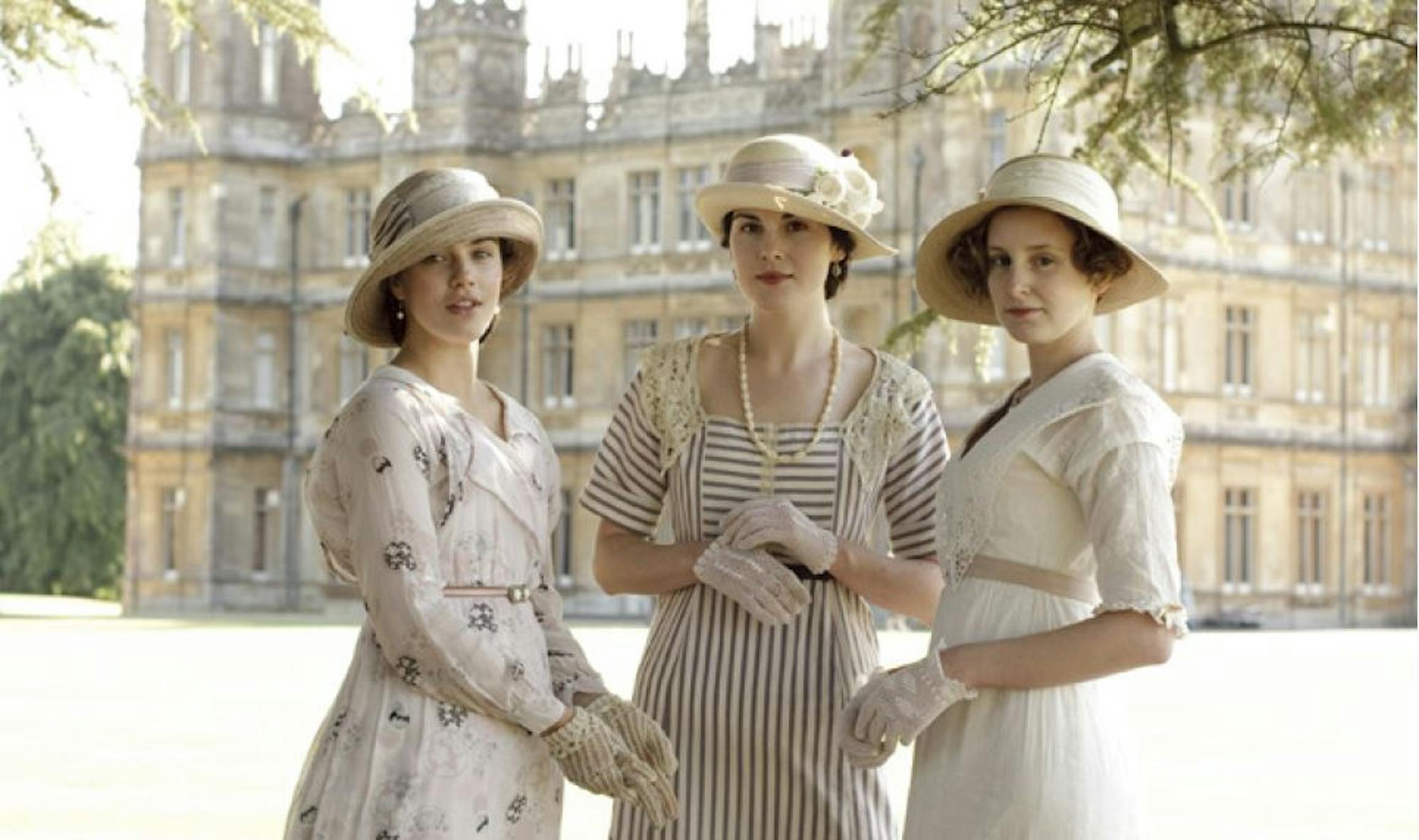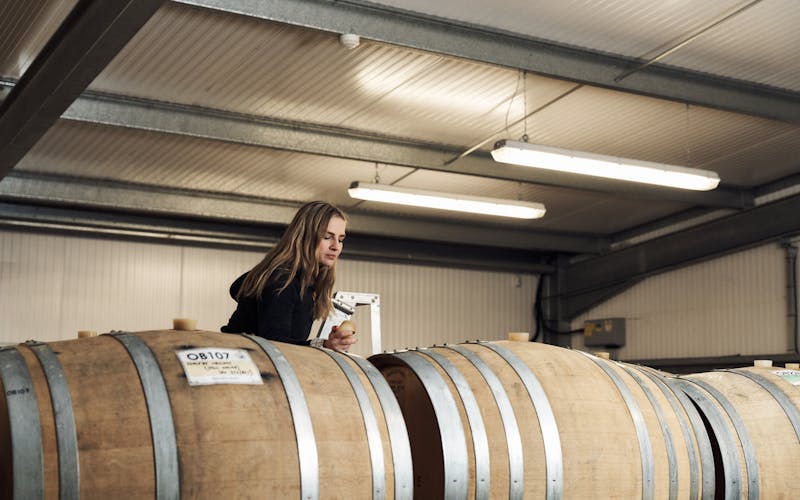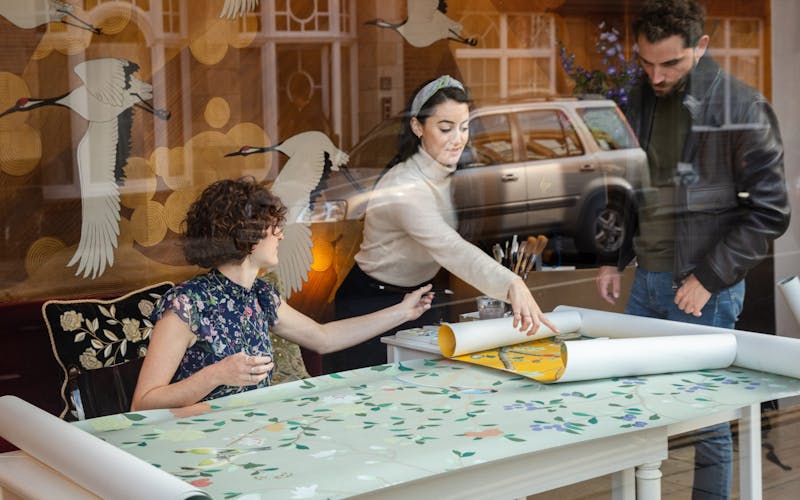

for Walpole members and
non-members available now
at The Londoner



This article was originally published in the 2018 Walpole Book of British Luxury, more details on which can be found here.
What strange alchemy draws the attention of Americans – a vast and divided country – almost as one to Britain? It’s a question I have asked myself, and others, frequently over the past six years as I have travelled to speak before audiences in 25 of the country’s 50 states. The circus I brought to town, as it were, was a talk on Downton Abbey, written and created by my uncle, about which I have researched the real-life inspirations behind his plots and characters. Audiences could be as large as 2,500 and frequently came in costume. Whether in Iowa or Georgia, their fandom was never in question.
The appeal of Downton is perhaps obvious: richly English in its locations, actors and sensibility; a period drama about posh people and their servants. Don’t Americans always love that kind of thing? Perhaps, but plenty of other period dramas have failed and most do not capture viewers from all social spheres. Fundamental to its success is, of course, the brilliant writing, acting and production values. But more compelling, I suggest, is that it reflects some of today’s concerns. In watching it, viewers identify with the characters in a way that connects them to the past and today.
At first glance, there is nothing relatable about, say, Lord Grantham, who loses all his fortune in one bad investment, only to recoup it by selling a painting. Or a servant who spends his working life pouring the wine at dinner and is thrilled to do so. (I jest, but only slightly.) The crux of the show is that it is set in the post-war years that are now recognised as the true beginning of the 20th century. It was, in short, an era of enormous and fast-developing change politically, socially and scientifically. The rapid advances in technology – cars, aeroplanes, tanks, forensics, radio – made a seismic impact on society. Many of these things came from America, which had continued to invest and invent while Europe’s factories were turned over to the war. America taught us how to embrace change and break with tradition, breathing life into stuffy England with its exported jazz, flappers, nightclubs and cocktails.
In parallel, we too have taken on at speed technology that has changed the way we live, work and play, almost beyond recognition: in less than 20 years, the internet, social media, space travel and stem-cell science has created a world that is both exciting and terrifying. It is only as we approach 2020 that we are able to conceive of how the 21st century will look with these things in it. Each one of us must ask: do I embrace this change (like Rose, Edith and Branson) or do I resist it (like Carson, Violet and Robert)?
There’s more. The devastation of the First World War meant there were two million more women than men in the British population when it finally ended. These women could not marry or have children; single, they were forced out to work to support themselves. For many, this was heartbreaking but it was also liberating: a quarter of the country’s undergraduates were female in 1922. These women had no guidance from their forebears but forged a new existence that changed the fabric of society and its view of them. We see that today, too.
In presenting itself to the world, Britain has a wonderful advantage in its art, culture and heritage. But we can – and should – also demonstrate our lessons learned from the past, the cyclical nature of development and how this may guide us towards an ever brighter, better future. It is this that the Americans want from us. They can give us shiny new things; we can give them the connection between the future and the past.
Author, journalist and public speaker Jessica Fellowes wrote the international bestselling companion books to the TV series Downton Abbey. Her debut novel, The Mitford Murders, sold to 16 foreign territories.





